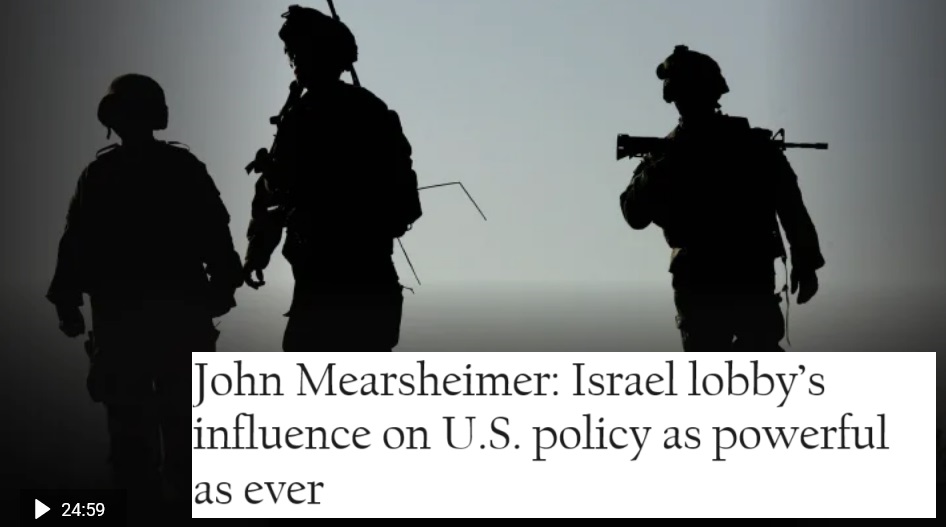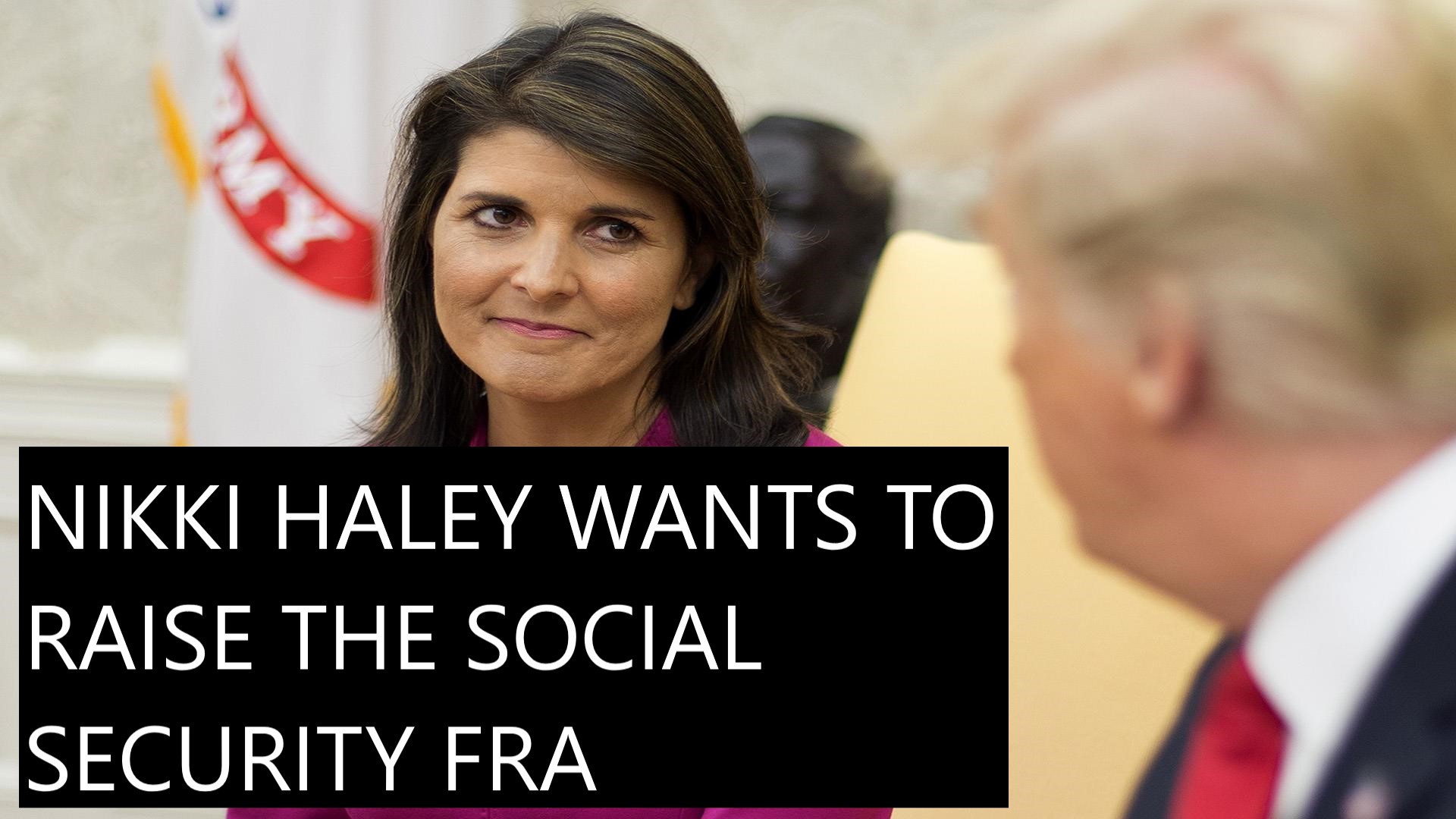Politicians Race to Avoid All-Out War Between Feuding Shiite Factions
 Friday, March 28, 2008 at 03:21PM
Friday, March 28, 2008 at 03:21PM The Shiite-led government of Prime Minister Nouri al-Maliki backed off its ultimatum to the Mahdi Army militia of fiery Shiite cleric Moqtada al-Sadr on Friday, giving the group's members 10 more days to lay down their weapons in return for amnesty and financial rewards.
The move comes as US forces began launching airstrikes in both Baghdad and the southern oil port of Basra, joining Iraqi forces in their recent effort to cripple Mr. Sadr's militia, which the Pentagon accuses of links to Iran.
The softening of Mr. Maliki's position comes after what started on Tuesday as an operation limited to Basra but quickly escalated into a confrontation with Mr. Sadr's powerful and well-armed militia in Baghdad and most of the predominantly Shiite southern cities. Iraq's Parliament held an emergency session Friday and set up a committee to mediate an end to the deadly clashes that now risk drawing US forces to the government's side in an all-out war that would shatter some of the security gains achieved in recent months.
Maliki's concession also follows a late night meeting on Thursday in Baghdad by Shiite politicians trying to broker a solution to the crisis. Former deputy prime minister Ahmad Chalabi and former prime minister Ibrahim al-Jaafari met members of Parliament from Sadr's political wing, who have labeled Maliki the "new dictator" and call for his resignation. Notably absent from this meeting were senior politicians from the Islamic Supreme Council of Iraq (ISCI) party and its affiliates, which are strongly backing the Maliki-led offensive against its archrival Sadr's armed wing.










































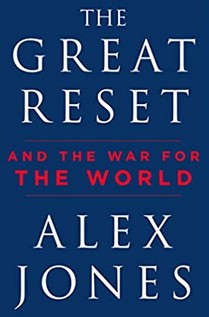





























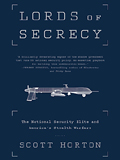










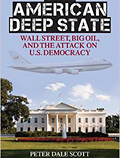








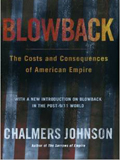










 When the American government says the US is winning in Iraq and is not torturing prisoners, they are just words, Hersh told his audience of journalism students in Regina, Canada. "We are in real trouble [in Iraq]."
When the American government says the US is winning in Iraq and is not torturing prisoners, they are just words, Hersh told his audience of journalism students in Regina, Canada. "We are in real trouble [in Iraq]."  Calls for a new 9/11 inquiry are reaching a crescendo, with well-respected authorities and celebrities alike adding their voices to the cause, as the official 9/11 story crumbles under the weight of revelations of White House ties to the 9/11 Commission, and other cover-ups on behalf of authorities staffed with investigating the attacks.
Calls for a new 9/11 inquiry are reaching a crescendo, with well-respected authorities and celebrities alike adding their voices to the cause, as the official 9/11 story crumbles under the weight of revelations of White House ties to the 9/11 Commission, and other cover-ups on behalf of authorities staffed with investigating the attacks.  The Ministry of Defense will admit on Friday that British troops tortured and breached the human rights of nine Iraqi men they detained in southern Iraq in 2003, opening the way to potentially large compensation claims.
The Ministry of Defense will admit on Friday that British troops tortured and breached the human rights of nine Iraqi men they detained in southern Iraq in 2003, opening the way to potentially large compensation claims.
 Détente has arrived in the fight between independence-minded states and a federal bureaucracy keen to claim a unanimous victory in its drive to create a de facto national identity database.
Détente has arrived in the fight between independence-minded states and a federal bureaucracy keen to claim a unanimous victory in its drive to create a de facto national identity database. Predictions made by experts before Kosovo's illegal declaration of independence are coming true - the territory seized from Serbia is turning into a big military base of the United States and NATO.
Predictions made by experts before Kosovo's illegal declaration of independence are coming true - the territory seized from Serbia is turning into a big military base of the United States and NATO.  We've all seen it on television. The defense attorney argues his client was "
We've all seen it on television. The defense attorney argues his client was " An attack on an Iraqi oil pipeline has crippled the country's main crude pumping terminals, as fighting between Shi'ite factions and the security forces engulfed the south and centre of the country.
An attack on an Iraqi oil pipeline has crippled the country's main crude pumping terminals, as fighting between Shi'ite factions and the security forces engulfed the south and centre of the country.  Sgt. Kristofer Shawn Goldsmith was one of the many soldiers and Marines, veterans of Iraq and Afghanistan, who gave testimony at last weekend's Winter Soldier investigation. They spoke from personal experience about what the American military is doing in those countries. They gave examples of what they had done, what they had been ordered to do, what they had witnessed, how their experiences had wounded them, both physically and psychically, and what kind of care and support they have, or most often have not gotten since coming home.
Sgt. Kristofer Shawn Goldsmith was one of the many soldiers and Marines, veterans of Iraq and Afghanistan, who gave testimony at last weekend's Winter Soldier investigation. They spoke from personal experience about what the American military is doing in those countries. They gave examples of what they had done, what they had been ordered to do, what they had witnessed, how their experiences had wounded them, both physically and psychically, and what kind of care and support they have, or most often have not gotten since coming home. US Treasury Secretary Henry Paulson has revealed his department is working on a "blueprint for regulatory reform" in an effort to avert further market turmoil in the wake of investment bank Bear Stearns' collapse.
US Treasury Secretary Henry Paulson has revealed his department is working on a "blueprint for regulatory reform" in an effort to avert further market turmoil in the wake of investment bank Bear Stearns' collapse.




